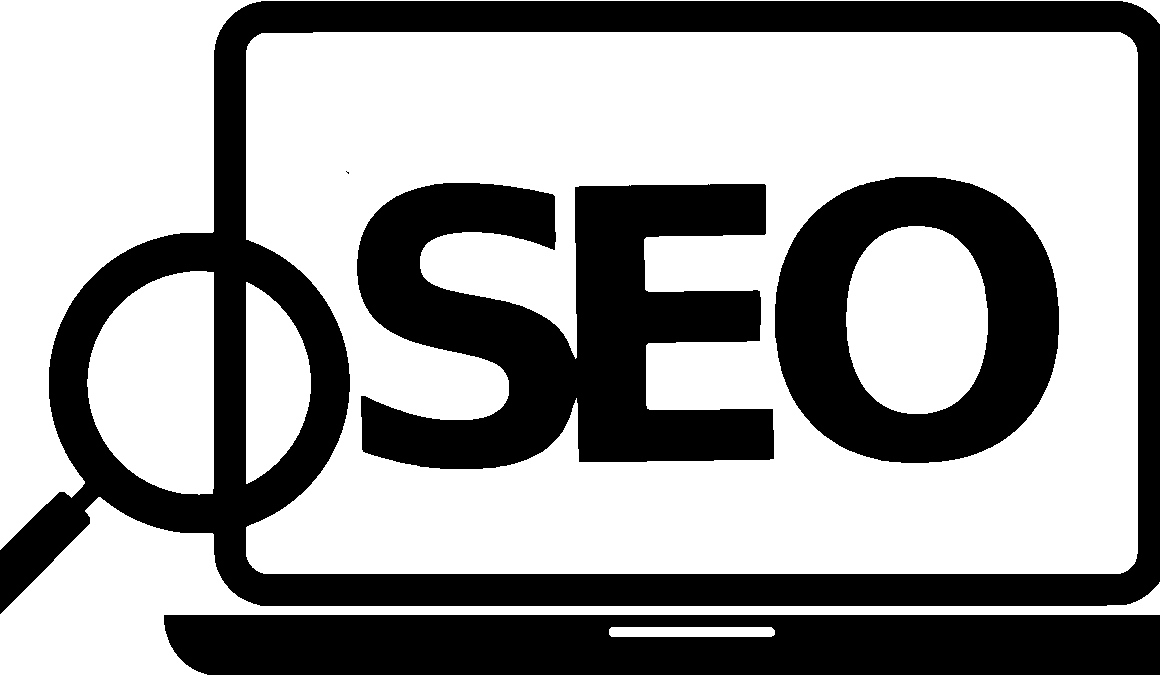Web Analytics and SEO: A Powerful Combination for Marketing
The synergy of web analytics and SEO creates a formidable strategy for marketers aiming to maximize their online presence. Web analytics helps businesses track user behavior on their websites, providing insights into how visitors interact with content. By understanding these behaviors, companies can refine their website to improve user experience. Additionally, SEO techniques enhance visibility on search engines, driving more traffic to the site. The key lies in analyzing data from web analytics and applying it to SEO efforts. For instance, metrics such as bounce rates and average session duration can inform content creation and optimization. Marketers who leverage these insights can effectively target their audience by creating tailored content that meets user needs. Furthermore, utilizing conversion tracking allows businesses to measure the effectiveness of their marketing campaigns. Incorporating these strategies not only boosts website traffic but also enhances overall conversion rates, translating to increased revenue. Moreover, as algorithms evolve, understanding user behavior becomes even more important. A robust strategy focusing on web analytics and SEO ensures marketers stay ahead in a highly competitive marketplace, driving sustainable growth.
Understanding Web Analytics
Web analytics encompasses the measurement, collection, analysis, and reporting of web data to understand user interaction with websites. By utilizing tools such as Google Analytics, marketers can gain comprehensive insights into traffic sources, user demographics, and on-site behavior. This information is crucial for identifying patterns that inform marketing strategies. Key metrics include page views, unique visitors, session duration, and conversion rates. Understanding these indicators allows businesses to identify strengths and weaknesses in their online presence. Furthermore, segmenting data by traffic sources provides deeper insight into which marketing channels are most effective. This helps inform budget allocation and campaign development. Ultimately, effective web analytics equips marketers to make data-driven decisions, resulting in enhanced performance. Over time, continuous monitoring and adjustment based on analytics data enable businesses to stay aligned with evolving consumer expectations. This active engagement with analytics ensures that marketing strategies remain relevant and effective. As online behavior changes, the adaptability of these strategies becomes essential for success. Thus, mastering web analytics forms the foundation of a successful digital marketing strategy that integrates seamlessly with SEO efforts.
SEO, or Search Engine Optimization, involves optimizing a website to rank higher in search engine results pages (SERPs). This process is pivotal for driving organic traffic, which is often more sustainable compared to paid traffic. SEO is divided into two main categories: on-page and off-page optimization. On-page SEO focuses on elements within the website, such as keyword usage, meta tags, and content quality. Off-page SEO, on the other hand, refers to activities carried out outside the website, like backlink building and social media marketing. Integrating web analytics allows marketers to assess the impact of these optimizations. By analyzing keyword performance and user engagement metrics, businesses can understand which strategies yield the best results. Moreover, tools like Google Search Console provide insights into search queries that lead users to the site, helping refine SEO strategies further. Regularly updating content and optimizing for relevant keywords based on user search trends enhances website relevancy in SERPs. Over time, this approach fosters improved visibility, leading to increased site traffic and higher conversion rates, showcasing the importance of synchronizing SEO efforts with web analytics for maximum effectiveness.
Data-Driven Decision Making
Data-driven decision making is at the heart of contemporary marketing strategies. Web analytics provides the quantitative data required to inform these decisions. By analyzing visitor information, marketers can identify which campaigns receive the highest engagement and conversion rates. This evidence allows for informed adjustments across marketing strategies, enhancing their effectiveness. Trends identified through analytics empower businesses to pivot their strategies when necessary, ensuring they remain competitive in a rapidly changing marketplace. Additionally, A/B testing forms an integral part of this approach, allowing marketers to evaluate the effectiveness of different content variations. By testing different headlines, images, or layouts, companies gather concrete data on user preferences, tailoring their strategies accordingly. This dynamic process not only optimizes user experience but also helps achieve marketing objectives efficiently. Importantly, the integration of web analytics into decision making fosters accountability within marketing teams. By setting measurable goals and tracking progress, teams can evaluate the success of their efforts transparently. This level of insight cultivates a culture of continuous improvement, paving the way for ongoing development of marketing strategies that resonate with the target audience.
The integration of web analytics and SEO significantly enhances user experience on websites. By using analytics, marketers can gain insights into user behavior patterns, which is vital for creating engaging, relevant content. For example, if analytics reveal high bounce rates on specific pages, it indicates a need for content improvement or navigational changes. Understanding user flow helps in optimizing the site’s structure for easier navigation, enhancing user satisfaction. Furthermore, optimizing site speed and mobile responsiveness based on user data is crucial for retaining visitors. The combination of user-friendly design and valuable content drives better engagement, ultimately leading to higher conversion rates. Importantly, optimizations based on analytics insights ensure that content aligns with audience expectations, encouraging return visits. Additionally, improved user experience contributes to better SEO performance, as search engines prioritize user-friendly sites. Utilizing A/B testing elements identified through web analytics also allows marketers to refine their strategies continually. With visibility into which elements drive conversions, teams can make informed decisions that enhance both web performance and content delivery. Consequently, focusing on user experience becomes a key component of SEO strategy, further solidifying the need for integrated web analytics in marketing planning.
Leveraging Tools for Success
Implementing effective web analytics and SEO strategies requires the right tools. Several platforms offer comprehensive solutions for tracking, analyzing, and optimizing website performance. Tools like Google Analytics provide in-depth visitor data, enabling marketers to monitor traffic and user behavior comprehensively. Additionally, SEO tools such as SEMrush or Moz assist in analyzing keyword rankings and backlinks. These tools empower marketers to identify areas requiring attention, optimizing their websites accordingly. Moreover, utilizing heat mapping tools can reveal user clicks and interactions on-site, providing further insights into navigation patterns. By integrating these various tools, marketers can create a holistic view of their website’s performance, allowing for informed strategy development. It is also essential to regularly review and adjust based on the insights gained from these tools. This adaptability ensures that marketers remain responsive to changes in user behavior and market dynamics, optimizing strategies for better results. Investing in training and development for team members to become proficient in these tools enhances overall effectiveness. With knowledge and access to cutting-edge analytics platforms, companies are better equipped to succeed in the digital landscape.
The ongoing evolution of web analytics and SEO underscores the importance of continuous learning and adaptation. As technology advances, and user behaviors shift, the strategies embracing these changes will succeed. Web analytics provides real-time data, allowing businesses to promptly adjust their marketing efforts in alignment with user trends. This flexibility facilitates not only the development of new content but also the fine-tuning of existing strategies. Moreover, keeping up with search engine algorithm updates is crucial for maintaining website rankings. Staying informed on best practices in SEO, based on analytical data, positions businesses for sustained online visibility. Furthermore, attending industry conferences, webinars, and training sessions enhances knowledge of emerging trends and tools. Engaging with the broader marketing community opens doors to innovative strategies and techniques. As companies implement these insights, they can refine their approaches continually, maximizing both web analytics and SEO effectiveness. This commitment to growth strengthens marketing efforts, ensuring long-term success. Ultimately, integrating web analytics with SEO strategies fosters a robust marketing framework that adapts to the evolving digital landscape, ensuring businesses thrive amid competition.
Overall, the synergy between web analytics and SEO forms a cornerstone of successful marketing strategies. Emphasizing data-driven decision making empowers businesses to understand their audiences better and create compelling content. By analyzing user behavior through web analytics, marketers can tailor their approaches to enhance user experience. The integration of SEO techniques amplifies online visibility, driving traffic to websites effectively. Continuous adaptation to analytics data ensures marketers can refine their strategies and stay ahead of trends. The combination of these two powerful tools helps businesses increase conversion rates, fostering sustainable growth over time. Investing in both web analytics and SEO delivers long-term benefits, establishing a strong online presence. This comprehensive approach not only enhances user engagement but also builds customer loyalty by meeting their needs effectively. As the digital landscape evolves, maintaining expertise in both areas remains crucial. With the right strategies in place, businesses can navigate challenges and seize opportunities for market advancement. Thus, professionals must embrace this integration as a path to achieving success in their marketing endeavors.


